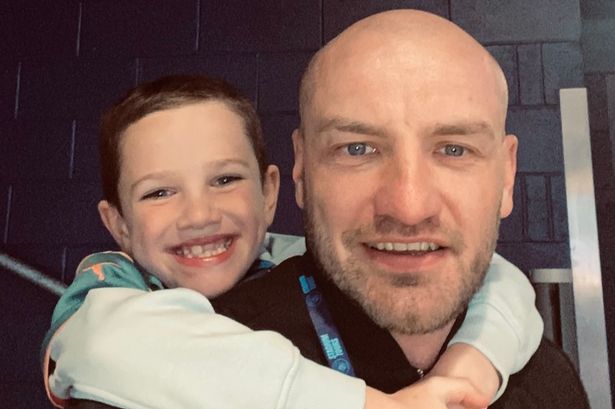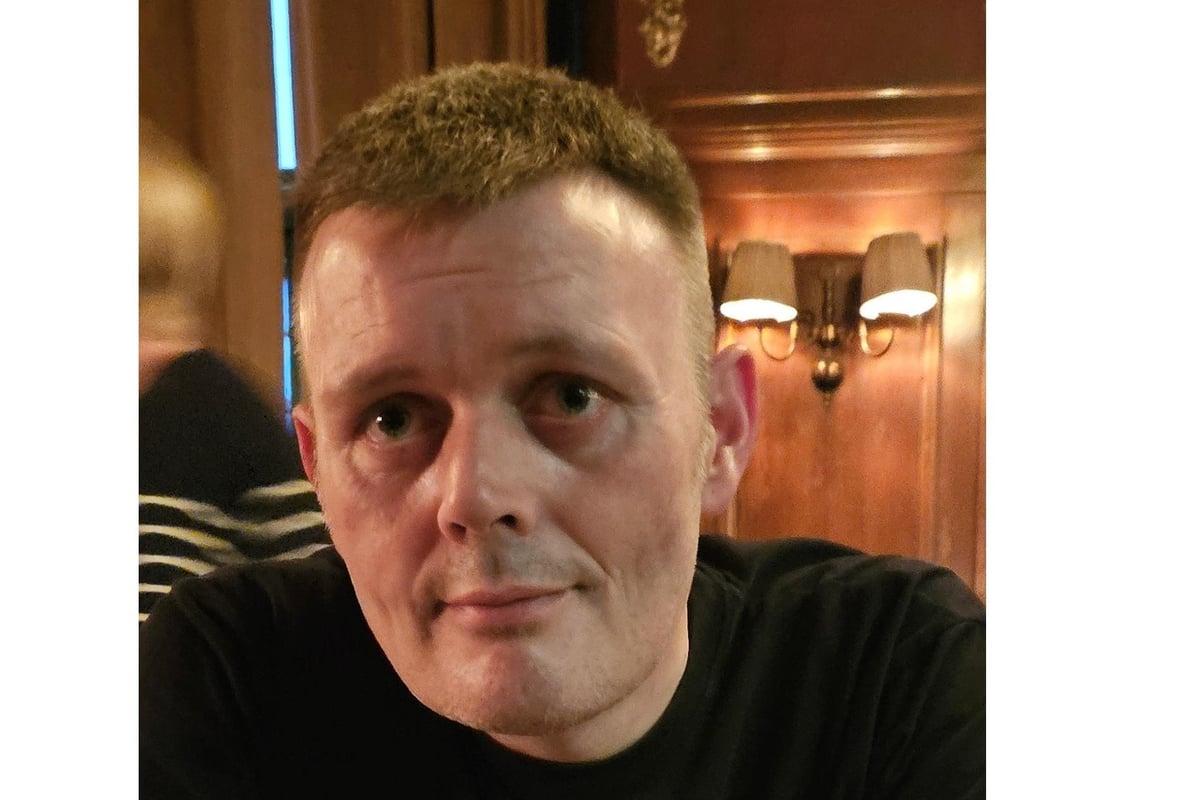In the summer of 2022, 39-year-old Daniel Morrison from Cambuslang, Lanarkshire, experienced unsettling symptoms that would ultimately lead to a life-changing diagnosis. He first noticed fluid bubbles forming under his tongue, accompanied by nausea and severe fatigue. Concerned about his health, Morrison promptly scheduled an appointment with his dentist, believing it was better to investigate than to ignore potential warning signs.
Initial examinations suggested nothing serious. “After visiting my dental practice, I got tests done and they found a small lump in my neck,” Morrison recalled. Doctors initially speculated that it might be a minor blockage in his salivary gland. Further tests revealed no immediate signs of cancer, but physicians opted for additional checks to ensure thoroughness. Those tests would dramatically alter Morrison’s life.
The Diagnosis: A Shocking Revelation
The subsequent examinations uncovered two tumours: one benign and one malignant. The benign tumour, ironically, had concealed the rare salivary gland cancer from earlier scans. “It may have saved my life,” Morrison noted, explaining that the benign tumour prevented the malignant one from spreading further. The diagnosis was a significant shock, yet it underscored the importance of early detection.
“What’s for sure, though, is that getting everything checked early was vital to giving me the best chance of this all being discovered and treated,” he emphasized. In April 2023, Morrison underwent extensive surgery that lasted approximately 19 hours over two days. He expressed gratitude for the medical staff’s professionalism during the ordeal. “The efficiency of the teams looking after me was really reassuring,” he remarked.
Now in recovery, Morrison’s perspective on life has shifted. He cherishes quality time spent with his children, engaging in activities such as football, dancing, and storytelling. “I’m definitely more appreciative of the time we spend together,” he shared.
Advocating for Early Detection
Morrison has begun to share his experiences, aiming to raise awareness about the importance of early detection. At the Glasgow Dental Hospital, he spoke to medical students about recognizing symptoms early. “A big part of our conversation was about how important early detection is, and how spotting signs – no matter how small they may seem at the time – can have a huge impact on increasing the chances for the person and their loved ones to live well again,” he explained.
For those who may dismiss subtle signs of illness, Morrison advises vigilance. He points out that fatigue and nausea were crucial indicators in his case. Symptoms often lack visibility, which is why early detection is critical. Potential warning signs to monitor include a persistent cough lasting more than three weeks, unexplained bleeding, unusual lumps, and significant weight loss, among other persistent changes.
Research consistently demonstrates that early detection remains one of the most powerful tools for improving survival rates. Patients diagnosed in earlier stages generally have far better prospects for curative treatment and long-term survival. Morrison encourages others to take action, stating, “Please don’t delay – contact your local GP practice and go to getcheckedearly.org to find out more.” With optimism for the future, he looks forward to a brighter life with his family.







